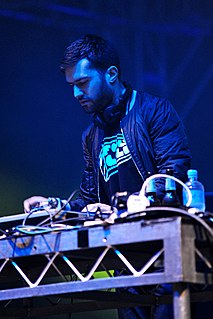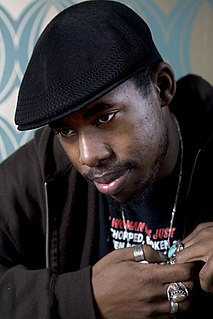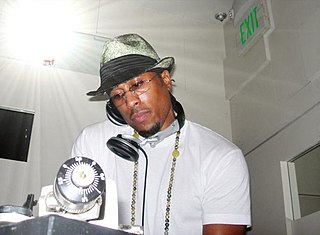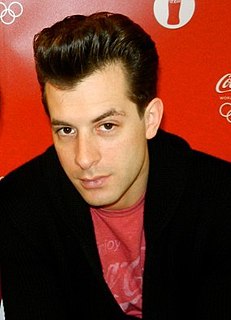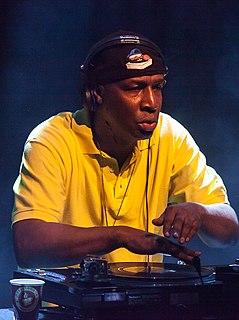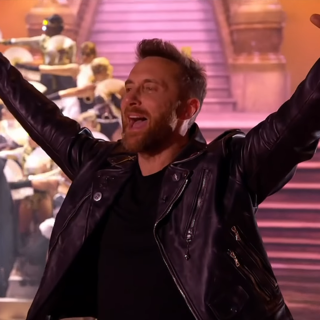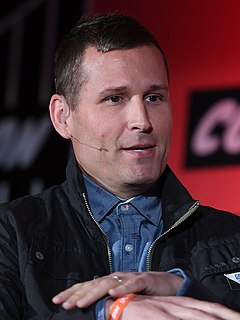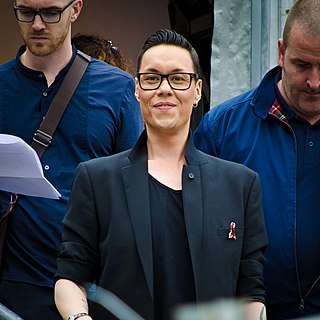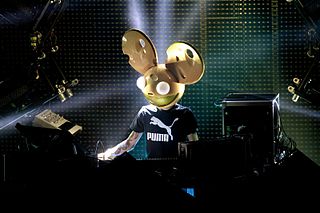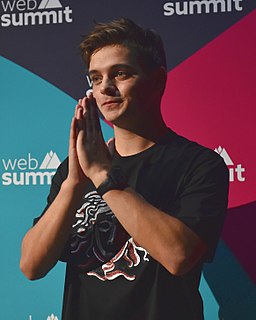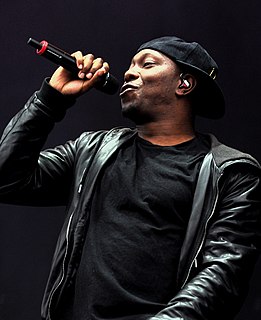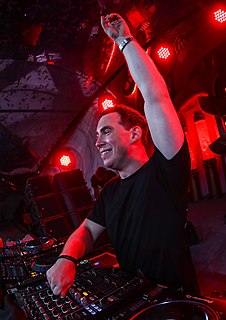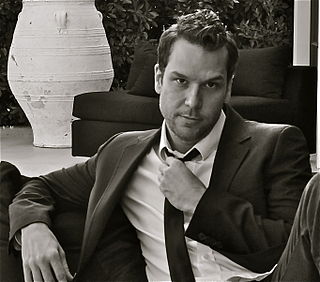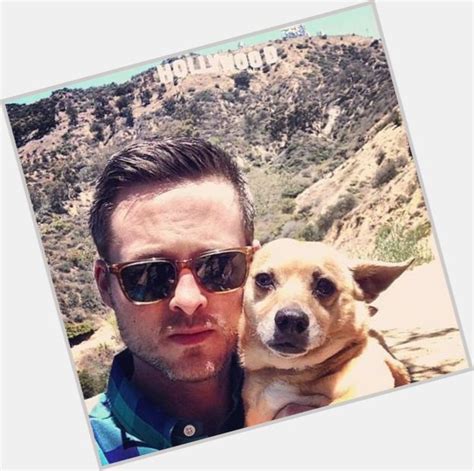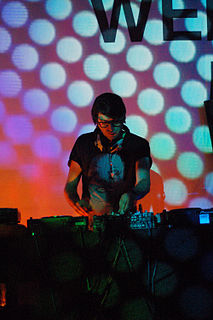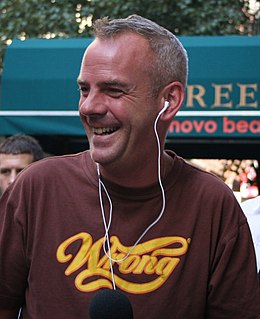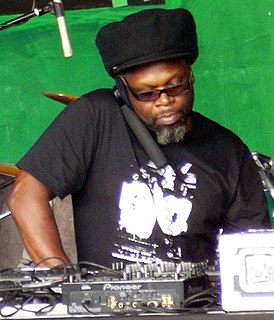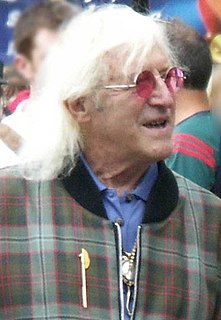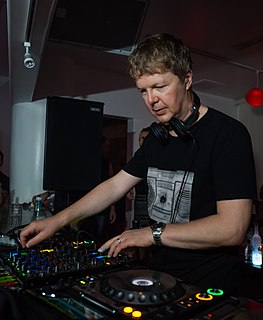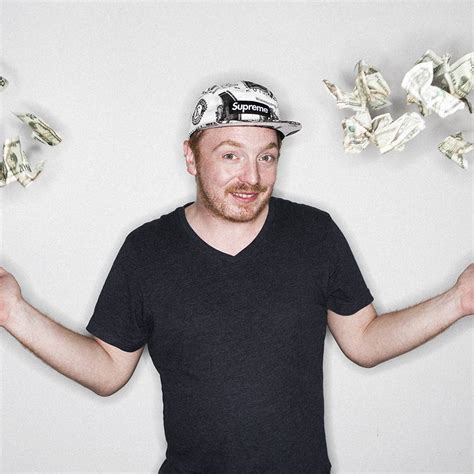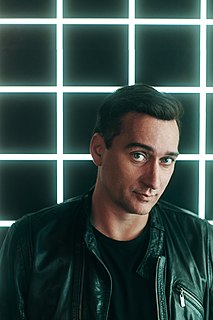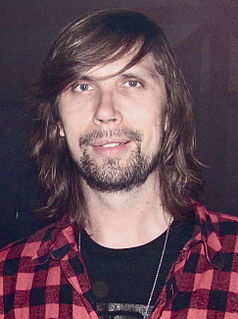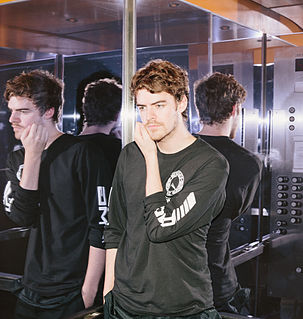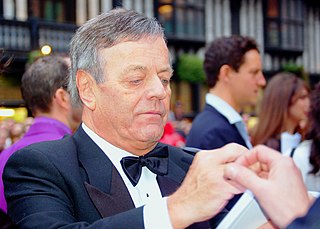A Quote by A-Trak
Traditionally, with a DJ set, you just go hear DJ that has a good reputation and let the DJ take you somewhere. It was up to the DJ what he wanted to play. Typically in dance music, people didn't know most of the songs a DJ played.
Related Quotes
The DJ still has the relationship with the people, I believe. I don't know to call the DJ 'the ambassadors' or what, but we still are connecting the dots, getting the good stuff and passing it on to the people. DJs still have relevance, even with the technology that elevates the DJ beyond being a selector.
I started in '88 to play House music, it was a huge revolution for me. I went to London and I saw a DJ on stage and that was crazy at the time. I was one of the really respected and famous DJs in Paris, but they would never show me. I was hidden. A DJ on stage and people dancing and facing the DJ, looking at him? I was like 'wow!'
When I'm representing my music live I think of it very much in a rock band sense. When I first started doing festivals in the 90s there really weren't other DJs playing the stages I was playing. So I felt I was being afforded an opportunity to kind of make a statement about what DJ music can be live. In the 90s, if you were a DJ you were in the dance tent, and you were playing house music and techno music. There was no such thing as a DJ - a solo DJ - on a stage, after a rock band and before another rock band: that just didn't happen.
I DJ'd for years. I DJ'd in high school, and I think my parents thought it was a passing thing. And then when I was in my second year of college, I was like, 'Yeah, you guys don't need to send me money anymore. My DJ gigs are good enough. I'm selling music; I think I'm gonna have a record deal. I can pay my tuition.'
